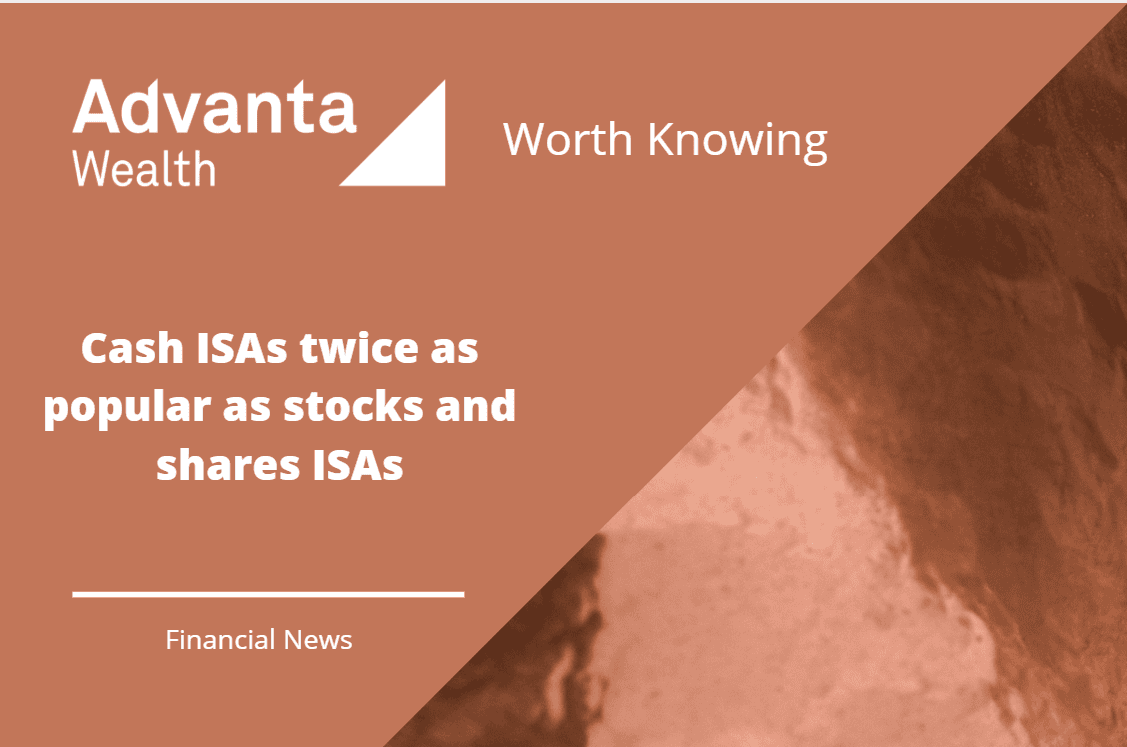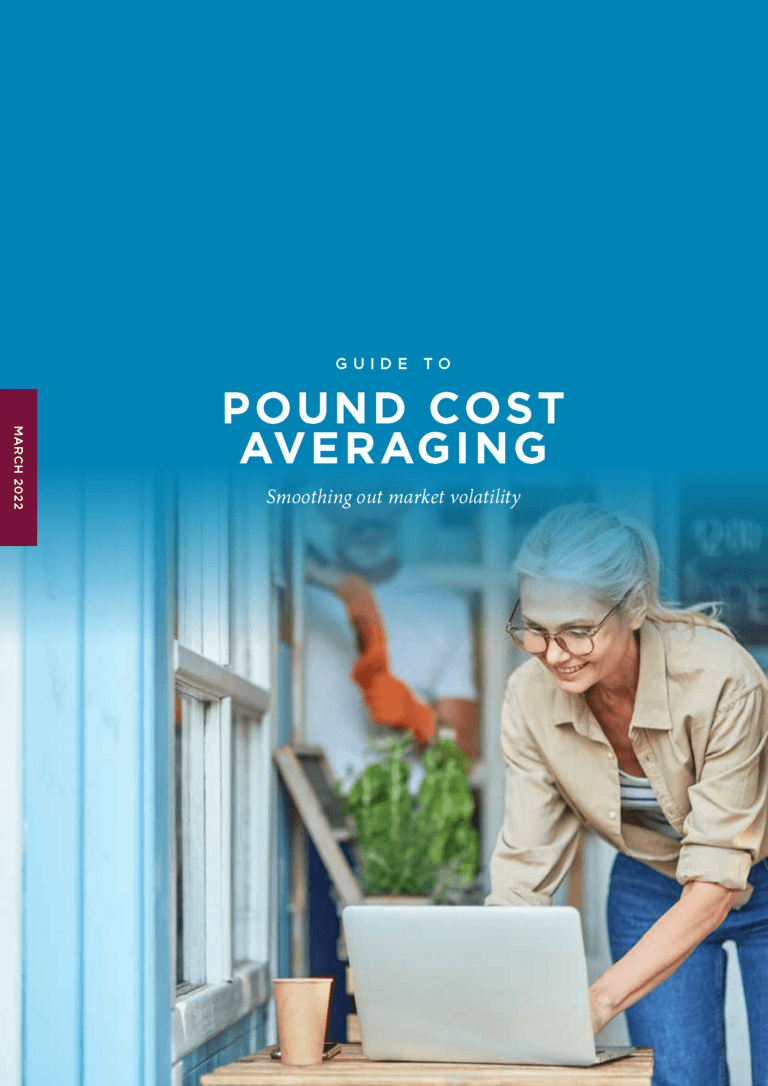The long road to retirement – building a sustainable plan
Whether you are many years from retirement, or just a few, ensuring your pension plans will sustain you when the time comes requires focus, now more than ever.
Recent research indicates that 1.6 million more people are at risk of hardship in retirement compared to a year ago, due to rising living costs. This comes despite increased levels of pension savings. The research highlights low to middle-income earners, the self-employed, and younger Generation Z savers as those who are particularly facing challenges for the future.
Around half the population are aware they are not building sufficient retirement savings across all ages and income brackets. Many face a significant reduction in living standards after stopping work or will end up working longer than they’d like because they won’t be able to afford to retire comfortably.
The long road
It’s certainly never too early to start paying into a pension – or too late. If you’re 10 years or more away from retirement, you need to focus on maximising savings and making the most of pension tax relief, especially if you’re a higher-rate taxpayer. Where possible, and as long as attitude to risk and capacity for loss allow, ensure funds are in growth assets, such as equities, which have historically delivered higher returns over longer time periods.
During your working life, it’s easy to lose track of multiple pension pots and savings. But you can’t build a robust retirement plan without knowing what funds you have and what they are likely to be worth by your planned retirement date. This includes State pension provision, which for many people can be a sizeable chunk of retirement income. If you’re only ten years or fewer from retirement, get a forecast from gov.uk/check-state-pension. This will also confirm when it will be paid, a key date in your retirement plan.
Countdown
As you get nearer to retirement you may find that consolidating separate funds gives a clearer overview of your potential pension income. However, before making such changes, it is worth checking that you aren’t giving up valuable guarantees and looking carefully at the charges and performance of any new scheme. This can be complex, so you should take advice.
Knowing what your savings are worth is only half the picture. You also need to think about what level of income you’ll require once you stop working. The Pension and Lifetime Savings Association estimates a single person today needs £31,700 a year for a moderate standard of living (or £43,900 for a couple). Understanding what you are aiming for, and what it will cost, can help you identify shortfalls and take action, such as saving more or delaying retirement.
The finish line
Once you’re within five years of retirement, think about how you’ll turn your investments into income. This is the time to explore the pros and cons of drawdown, annuities or a combination of the two.
How you’ll use your pension may influence your investment strategy in the final years. If you plan to keep funds invested, you may want to remain in growth assets. But if you want to cash in or buy an annuity, switching to less volatile assets to protect your funds from sudden downturns just before you retire may be advisable.
Seek advice or guidance on all your options, whether you’re a decade away or retirement is imminent. These are complex decisions, so regular reviews of your position could make all the difference.
The value of your investment and the income from it can fall as well as rise and you may not get back the full amount you invested.
Past performance is not a reliable indicator of future performance.
Occupational pension schemes are regulated by The Pensions Regulator.
The Financial Conduct Authority does not regulate tax advice. Tax treatment varies according to individual circumstances and is subject to change.











